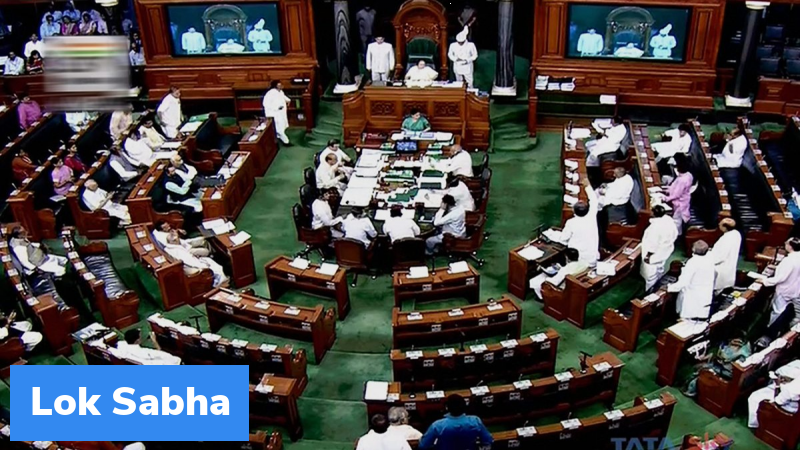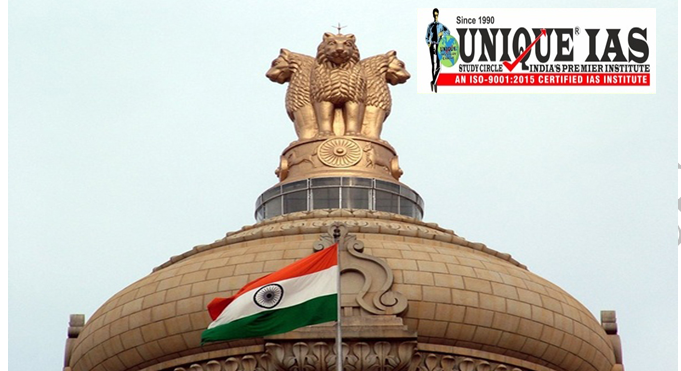India’s Neighbourhood First Policy
Context
Recently, the Prime Minister of India reaffirmed India’s commitment to its ‘Neighbourhood First’ Policy and ‘Security and Growth for All in the Region ‘SAGAR’ Vision.
About the India’s ‘Neighbourhood First Policy’
It guides its approach towards the management of relations with countries in its immediate neighbourhood, that is, Afghanistan, Bangladesh, Bhutan, Maldives, Myanmar, Nepal, Pakistan and Sri Lanka.
The overarching philosophy of India’s engagement with its neighbours is to ensure that they also benefit from our economic development and growth.
Thus, the focus of our Neighbourhood First policy is to enhance connectivity, augment trade and investment, and build a secure and stable neighbourhood.
Objectives
The Neighbourhood First policy, inter alia, is aimed at enhancing physical, digital and people-to-people connectivity across the region, as well as augmenting trade and commerce.
It has evolved into an institutional priority for all the relevant arms of the Government managing relations and policies with our neighbourhood.
Extension of the Policy
Act East Policy: With the objective to further strengthen ties with countries of the Southeast Asian region, India’s ‘Look East Policy’ launched in 1992, was upgraded to the ‘Act East Policy’ in 2014, with proactive and pragmatic focus on the extended neighbourhood in the Indo-Pacific region.
Think West Policy: India’s outreach to the Gulf and West Asian countries has become an increasingly important pillar of its foreign policy. This region has traditionally been important for India’s energy security.
Connect Central Asia Policy: It envisages a deep, meaningful and sustained engagement with the Central Asian region.
……………………………….



.jpg)
.jpg)
.jpg)
.jpg)
.jpg)
.jpg)





